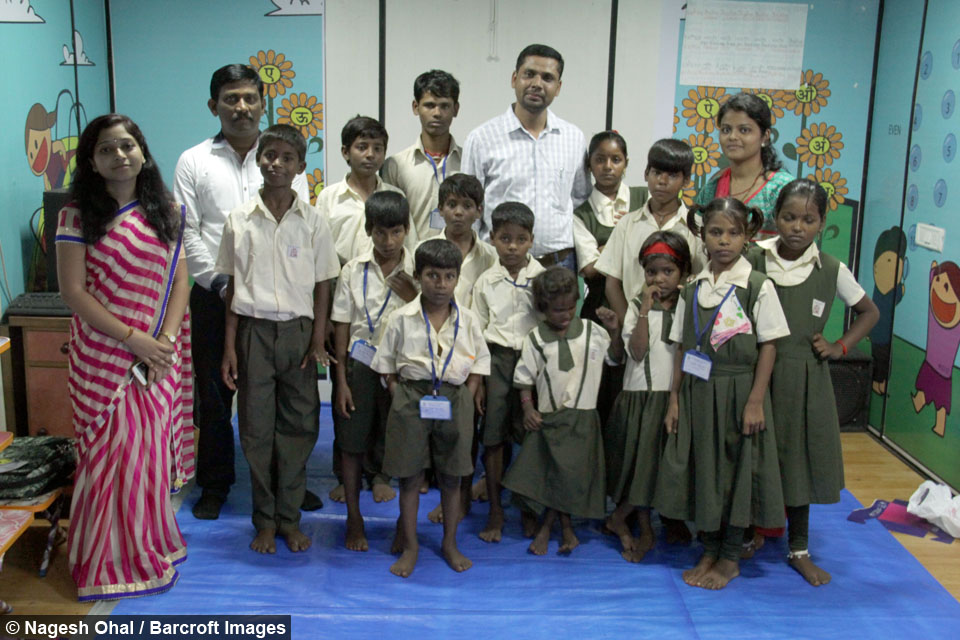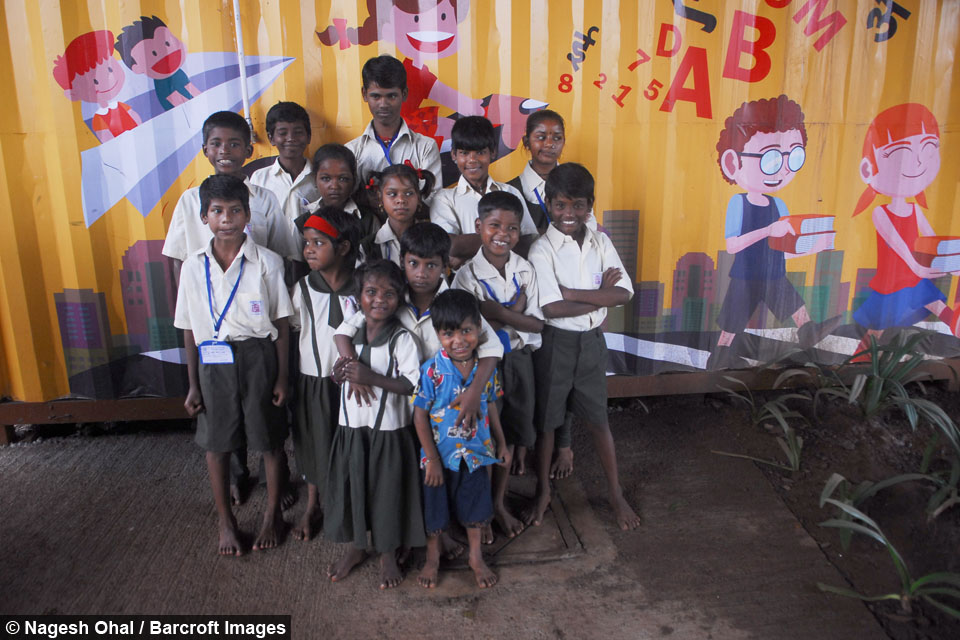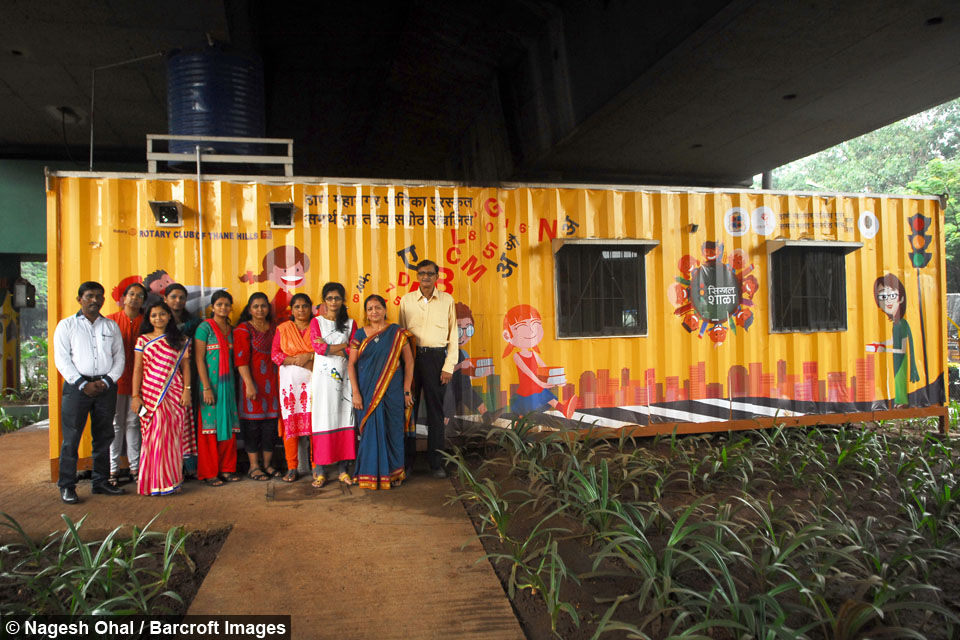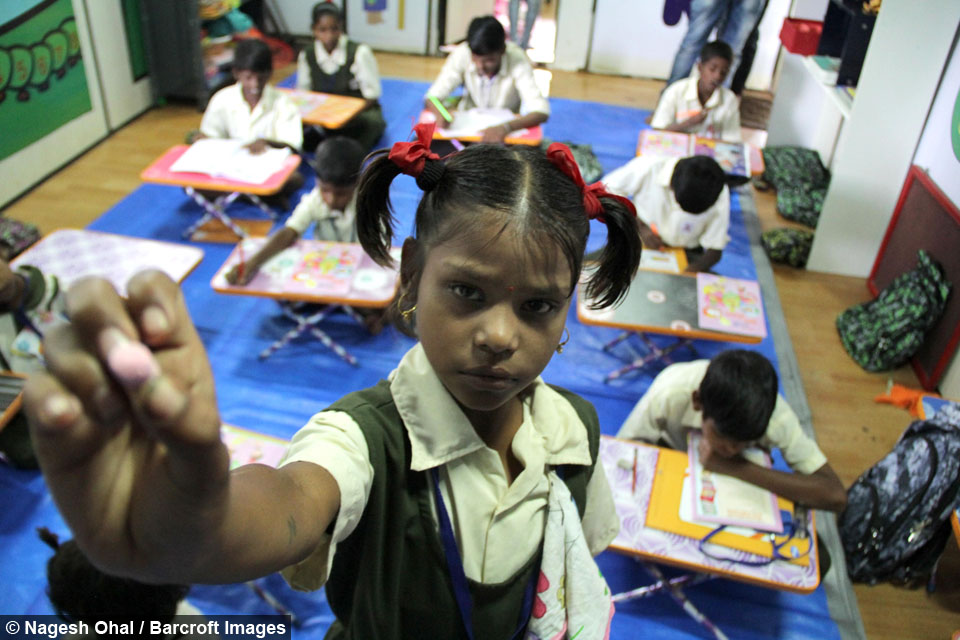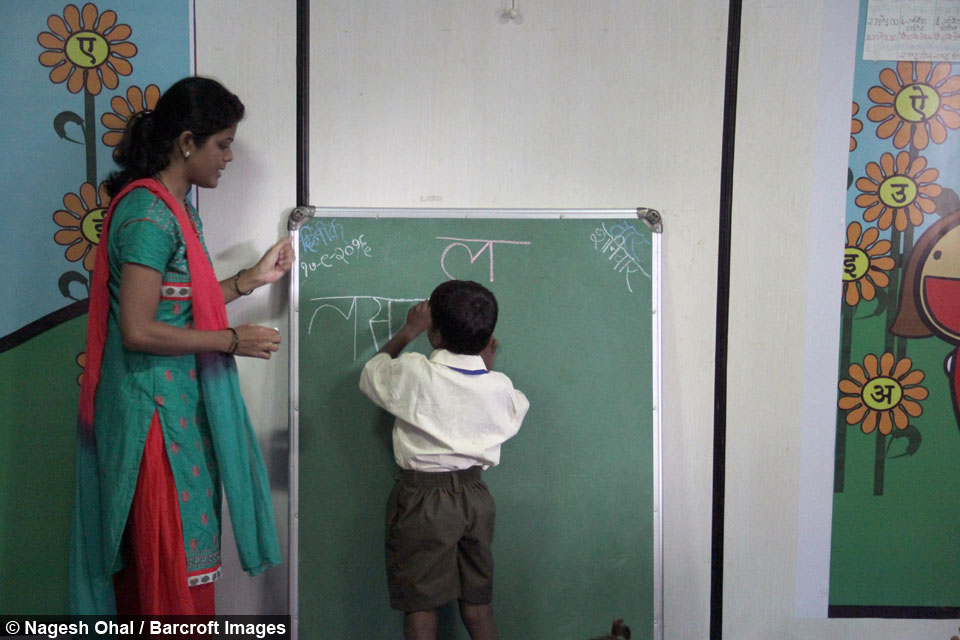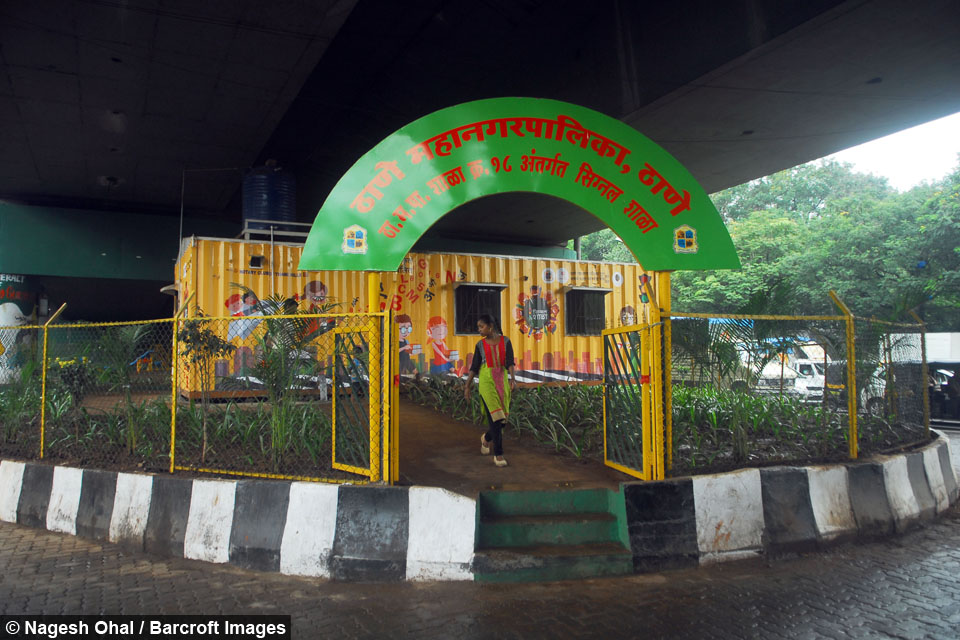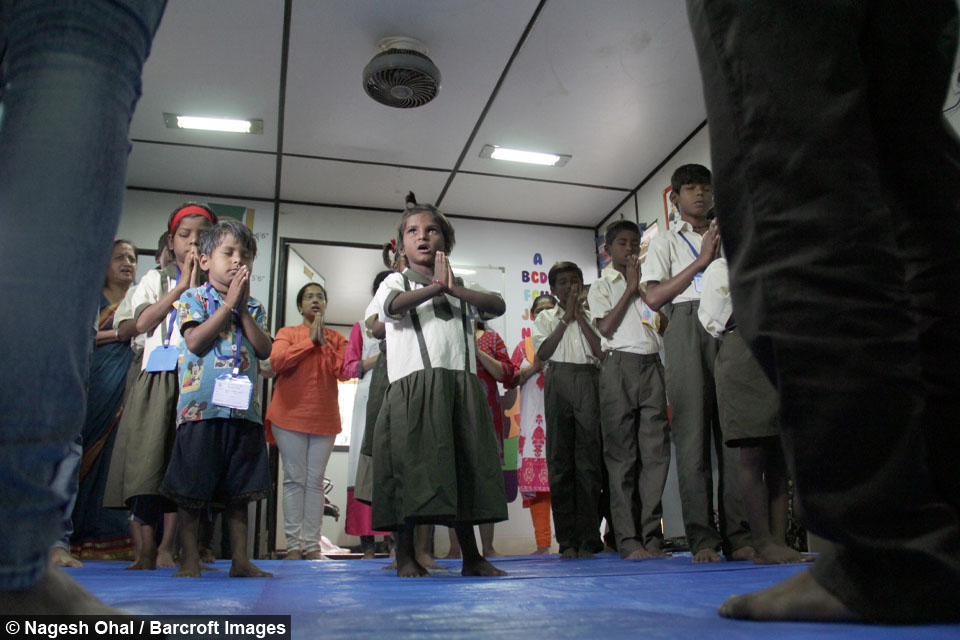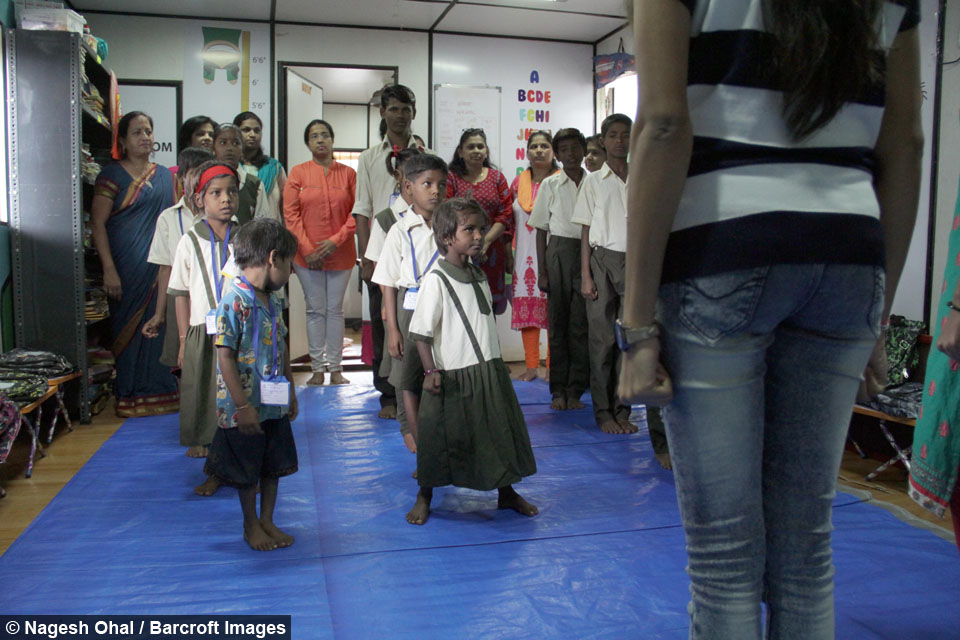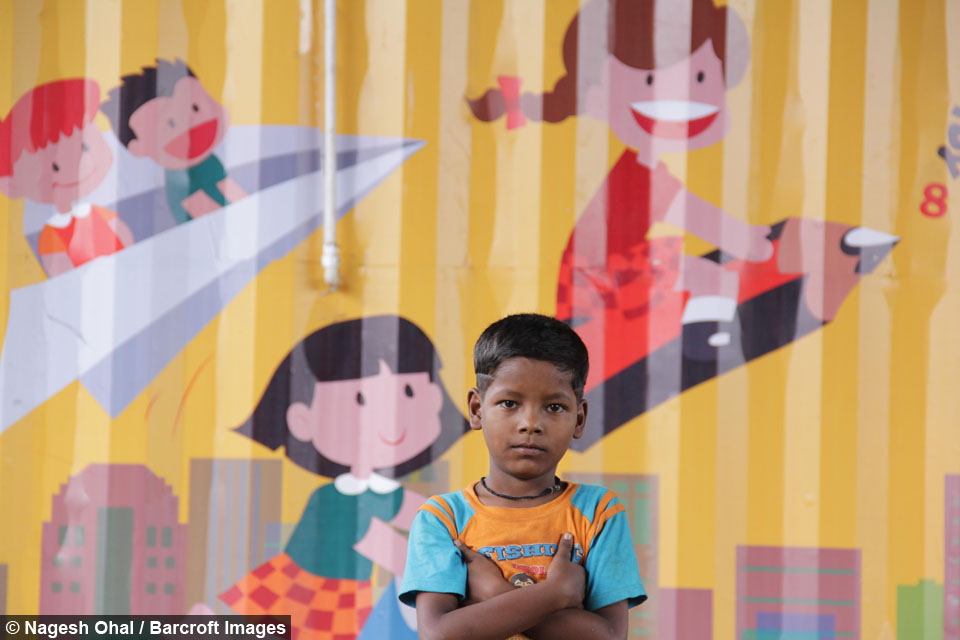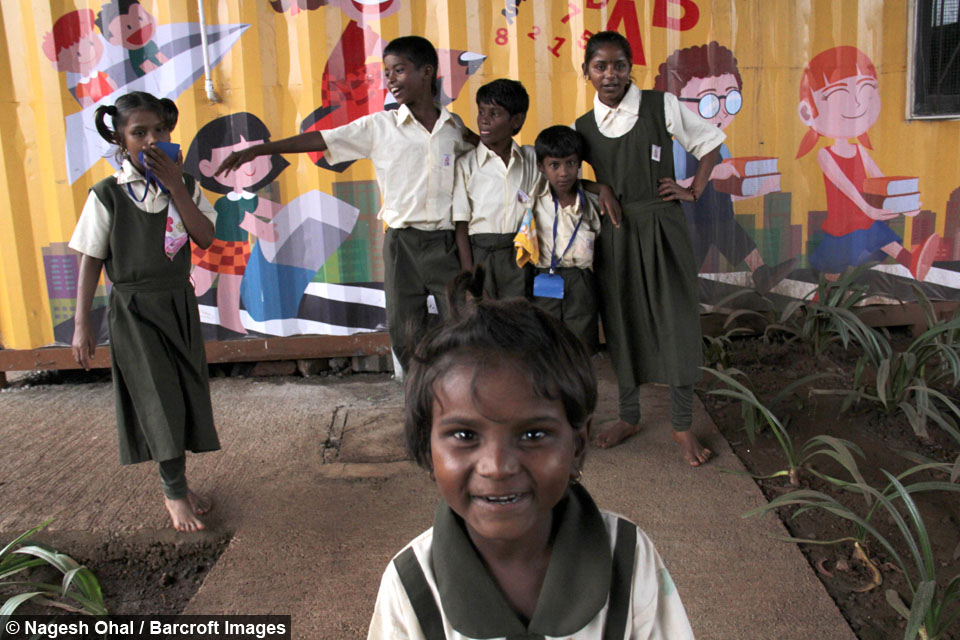Shipping Container School Offering Hope To Street Children
By Haziq Qadri @haziq_qadri
Scroll down for the full story
Videographer / director: Nagesh Ohal
Producer: Kanika Dhupar, Ruby Coote
Editor: Dan Cousins
The term ‘signal school’ derives from the fact that it sits at a junction where the kids beg or sell trinkets or snacks to motorists stopped in traffic.
Located in the city of Thane in the Mumbai Metropolitan Region, the school opened its doors in June 2016 and currently has 22 students enrolled, aged between three and 10 years old.
The project is a collaboration between the Thane Municipal Corporation and the non-governmental organization (NGO) Samarth Bharat Vyaspith (Strong Capable India).
The NGO’s CEO Bhatu Kashinath Sawant said: "Poor kids in Mumbai can’t afford to pay the money to go to school.
"They earn less than £1 per day and a lot of these kids give money to their parents who spend it all on alcohol.
“The same signal was a place of business for these kids. It’s the same place where they used to sell snacks and in the evening the place was used for begging.”
Despite its humble appearance, the school has now become a safe haven for these children seeking formal education for the first time in their lives.
Student Vishal Rajendra Pawar, 12, found himself homeless after his mother passed away and his father was sent to prison.
He said: “I want to become someone when I grow up and that’s why I come to school to study. I like reading, studying and drawing.”
Children spend three to four hours each day at the school, which boasts a library of around 250 books, an indoor toilet and free meals.
But before starting the school, Bhatu had to convince the children of the importance of enrolling and getting an education.
He said: “I had to convince parents and make them understand how important schools are.
"We were looking for kids at signals and flyovers. They were not ready for all this but now they don’t leave this place."
A number of the children migrated with their families from the Indian countryside to the Mumbai region due to drought and famine or in the hope of a better life.
But with parents struggling to find work in the city, many of the children were forced to start selling things such as snacks to help provide for their families.
Students at the school are not just given an academic education, but are also taught the importance of everyday things most Indians take for granted.
Aarti, a teacher at the school, said: ”When we started initially the children did not know much about hygiene - I mean they used to live in poor conditions because their entire life is on the street.”
And Bhatu says he hopes that the signal school will keep the children away from temptations and dangers they face on the streets and help propel them towards a brighter future.
“Our focus is not to make them professionals. They should live a decent life. We had to start from scratch,” he said.
"We teach them with the help of music and pictures. That’s the easiest way to get their attention.”
